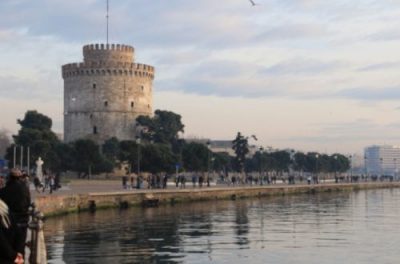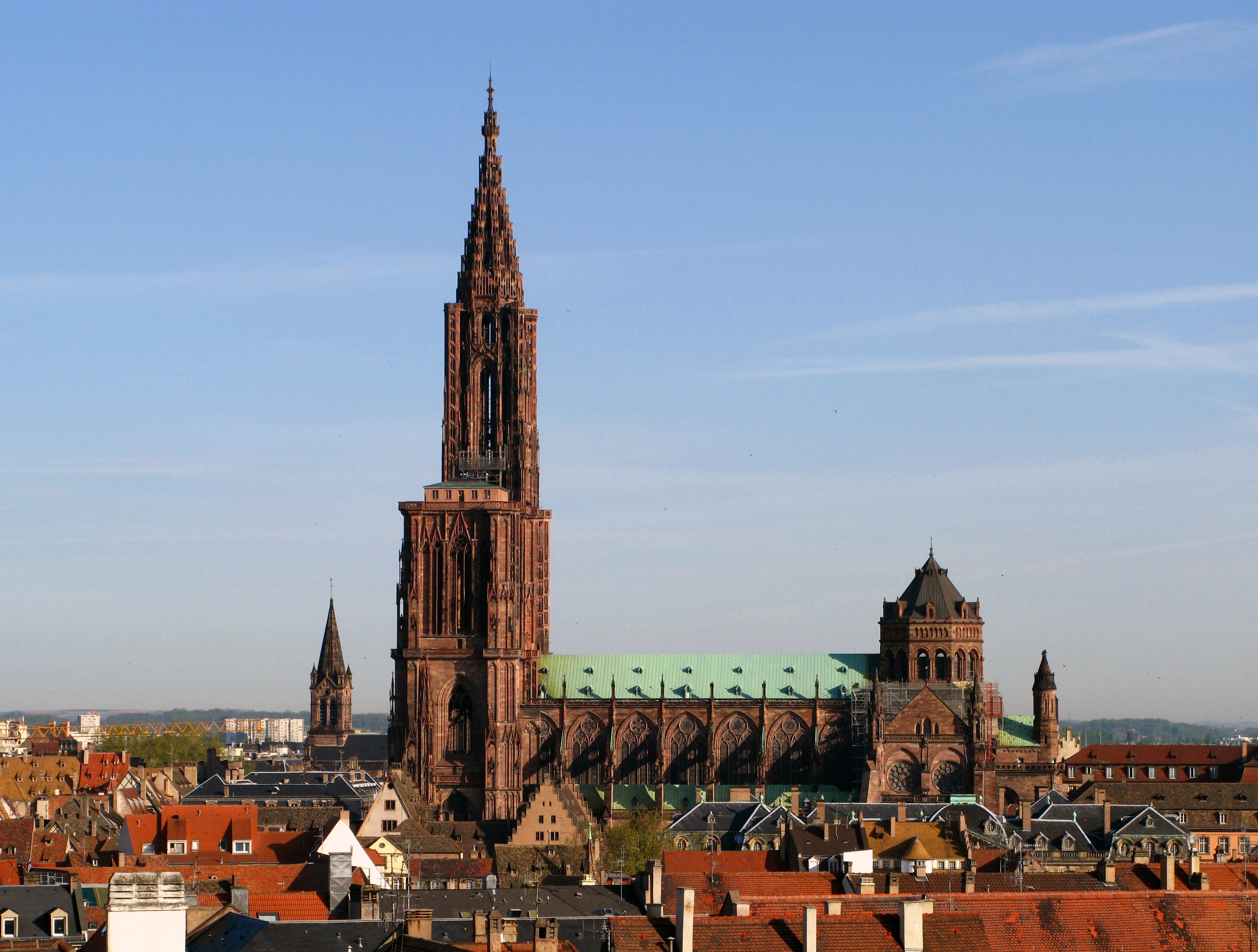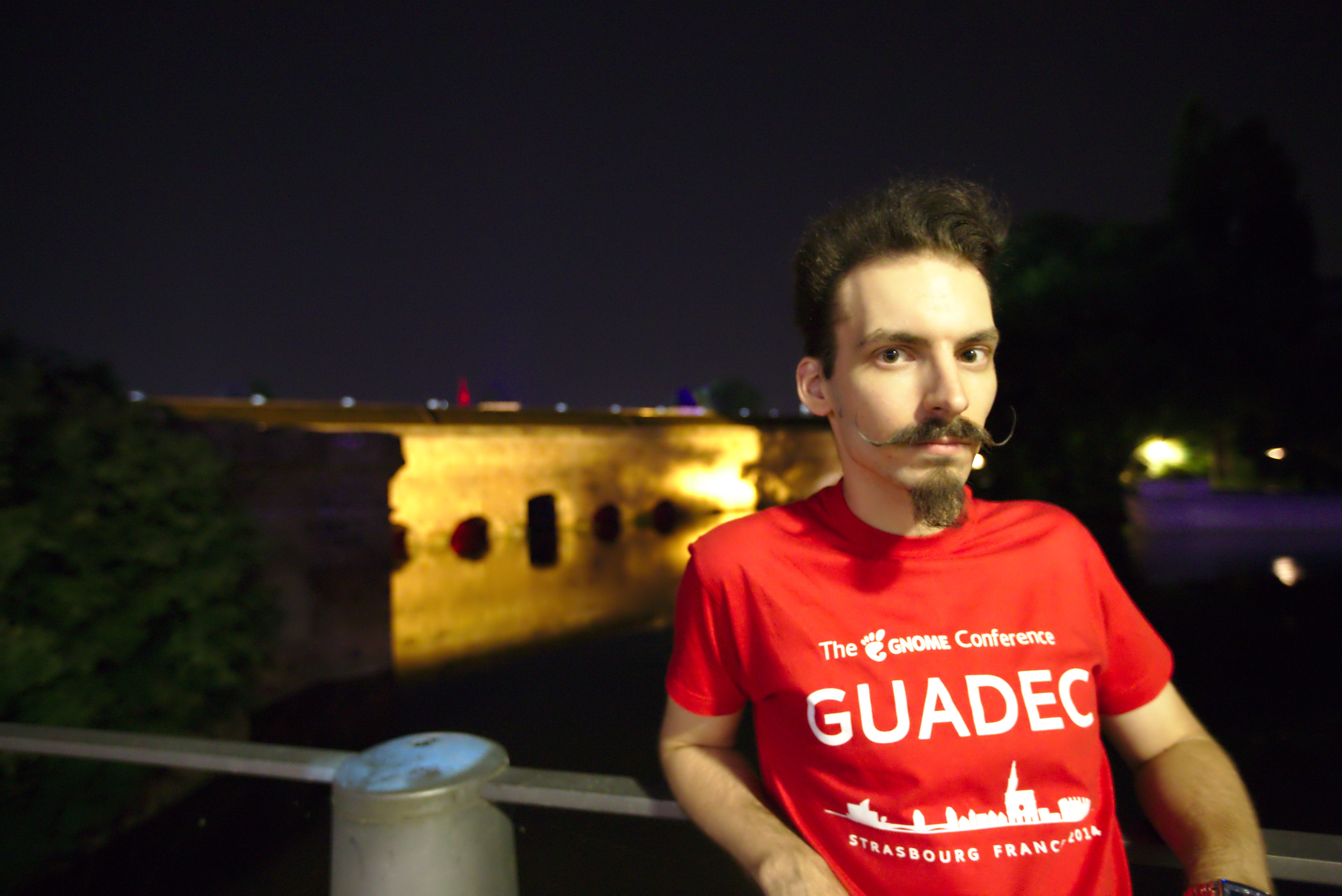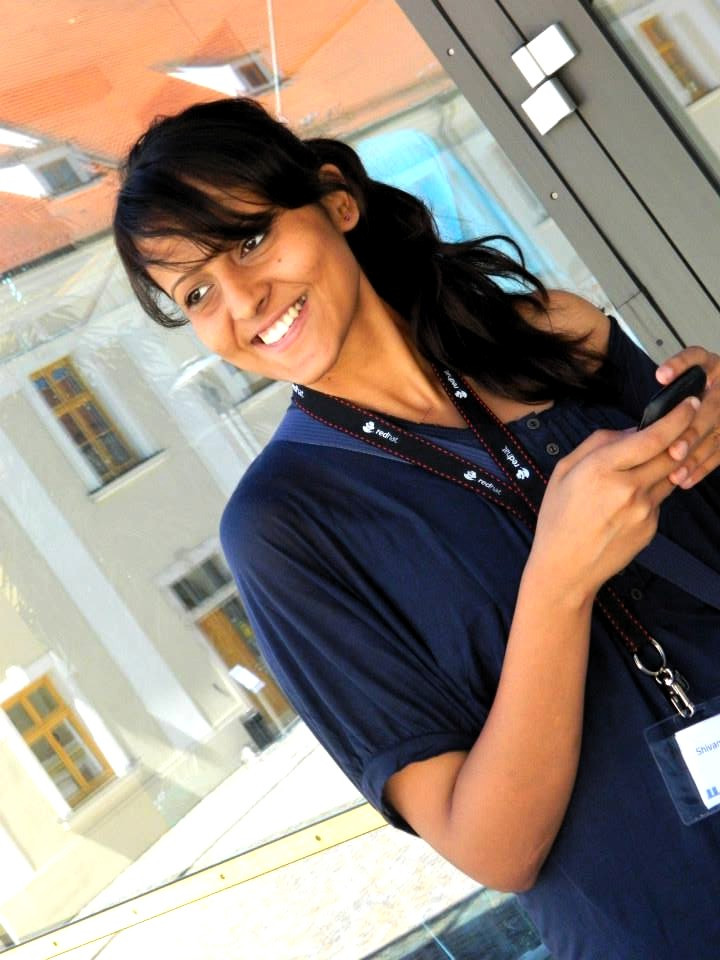GUADEC 2014 is almost upon us, and we are talking to the three keynote speakers who are lined up for this year’s conference. Nathan Wills – LWN editor, typeface designer and author – is one of these keynote speakers. His talk, titled Should We Teach The Robot To Kill, addresses issues relating to Free Software and the automative industry. We caught up with him to find out a bit more about this fascinating subject, as well as his views on Free Software conferences.
The automotive industry has been a latecomer to open source software. Why do you think that is?
I guess I think there are two reasons. The first is that automotive is highly, tightly “vertical” — carmakers have long-standing relationships with their manufacturers, suppliers, and vendors that involve multi-year contracts, and each car model takes years to go from design to implementation. I mean, it’s the prototypical assembly-line industry, after all. Thus, it takes quite some time to orchestrate a major change.
The other reason, though, it that it has only been recently that consumer electronics has become an important factor for carmakers. Now that smartphones and tablets are ubiquitous, not just accessories for people with disposable income, customers are asking for different things in their cars than they used to. A few years ago, your biggest concerns were DVD players in the rear seats, CDs in the front, and maybe some kind of remote-unlock/service-you-can-call. Now people want installable apps and they expect a full-blown 3G Internet connection; that means a very different software stack is expected than there used to be.
What is the most exciting improvement the automotive industry could bring to everyday life, in your opinion?
Okay; so this may sound nebulous, but I think one of the best things the automotive software market could do is demonstrate to people that software is just another component in all of the machines & things that we already use everyday. Because people have a different relationship to their cars than they do to, say, their phones and their netbooks. We change our own oil, we replace parts that wear out; we keep our cars for decades at a time and we learn every little thing about how they work (admittedly, it’s not always by choice…).
So automotive software will have to encompass part of that experience already. And, since so much of that software will be based on Linux and FOSS, I hope it will expose lots of new people to programming — as something that they can do if they decide they want to.
You attended the coolest worldwide conferences about open source. Which one has been the most exciting? (GUADEC apart, of course!)
Yikes…. It’s so hard to choose, because they’re all so different. I really love the “community” conferences like Texas Linux Fest, SCALE, and Ohio Linux Fest, because the attendees are so fired up. But I also really love developer conferences, because you get to see the connections being made and major things happening that just don’t occur in mailing-list discussions. On that side of things I would put conferences like GUADEC and the GStreamer Conference. But then I also have to single out Libre Graphics Meeting, which is a favorite of mine because it’s right in between: developers and users meeting with each other.
What do you expect from this GUADEC?
Mayhem of the highest order. But mixed in with talks showcasing interesting new work that I might unintentionally miss if I was just reading release announcements, a glimpse of where GNOME and GTK+ applications will be six months or a year from now, and, naturally, a lot of people enjoying geeking out (so to speak) about making and using software. Also hopefully some font talk….
What can we expect from your keynote at GUADEC?
Well, I hope people will come away with a clearer picture of where things stand today in the automotive Linux software realm — especially what the various projects’ goals are and what parts of the overall picture those goals cover. Then I also hope I can get people interested in participating in automotive software space, starting with where they can get involved today as a user and as a contributor.
And, finally, my ultimate goal would be to persuade some people that the free-software community can — and should — take up the challenge and view the car as a first-rate environment where free software belongs. Because there will naturally be lots of little gaps where the different corporate projects don’t quite have every angle covered. But we don’t have to wait for other giant companies to come along and finish the job. We can get involved now, and if we do, then the next generation of automotive software will be stronger for it, both in terms of features and in terms of free-software ideals.
Thanks Nathan! We can’t wait to hear your keynote.








